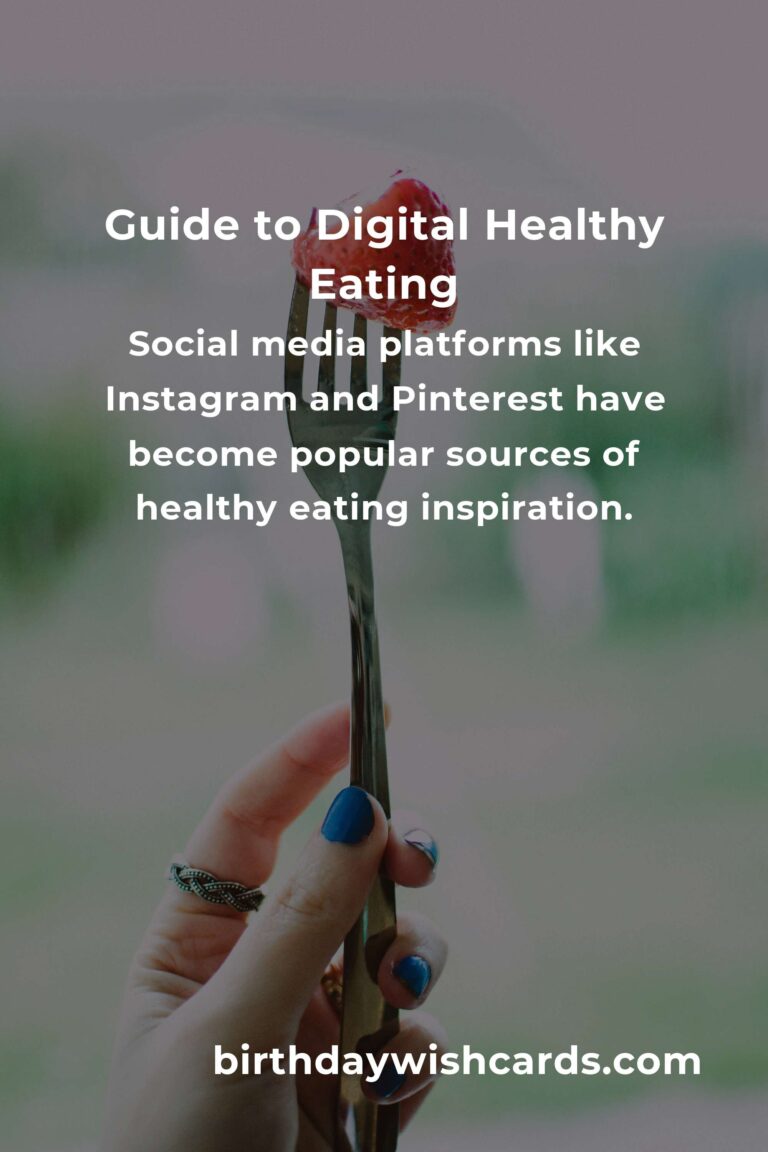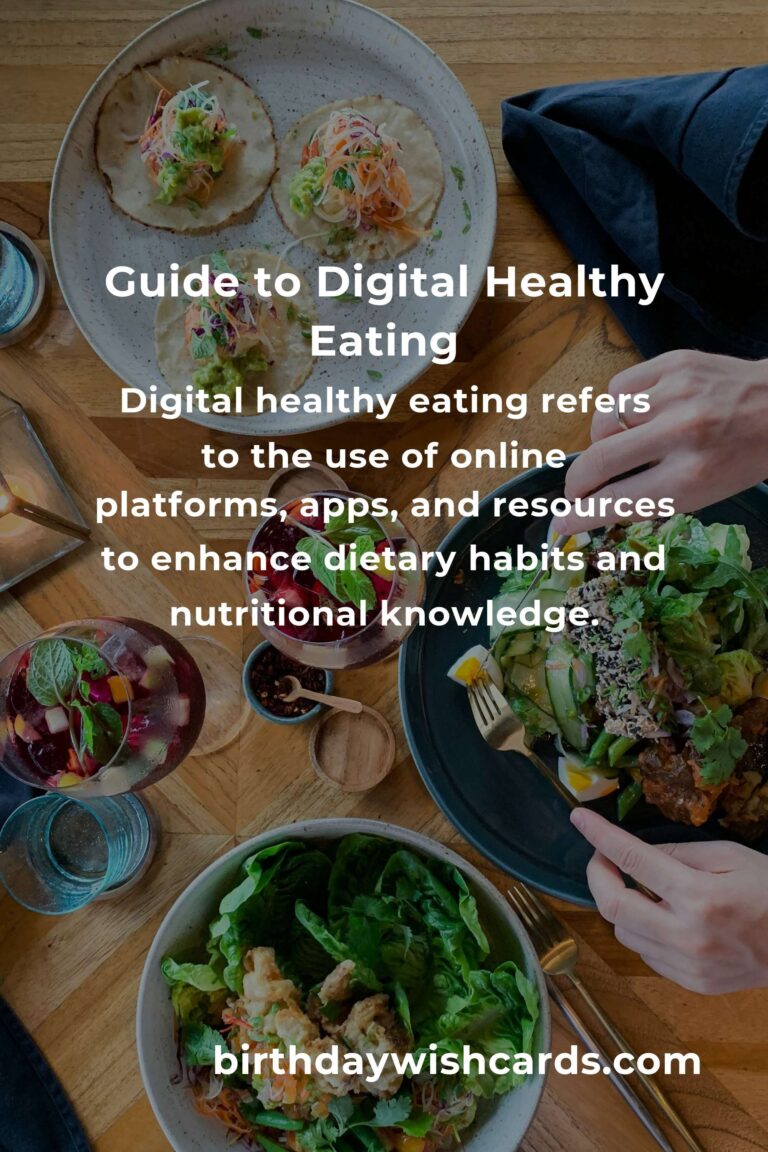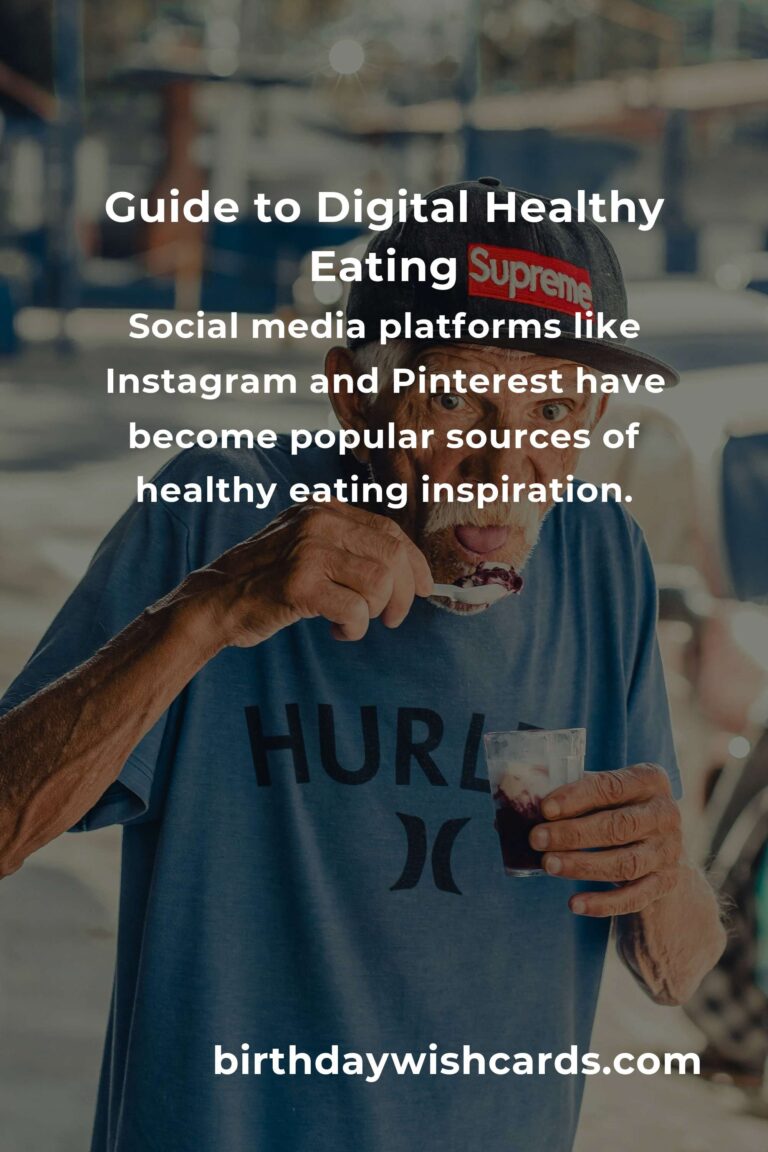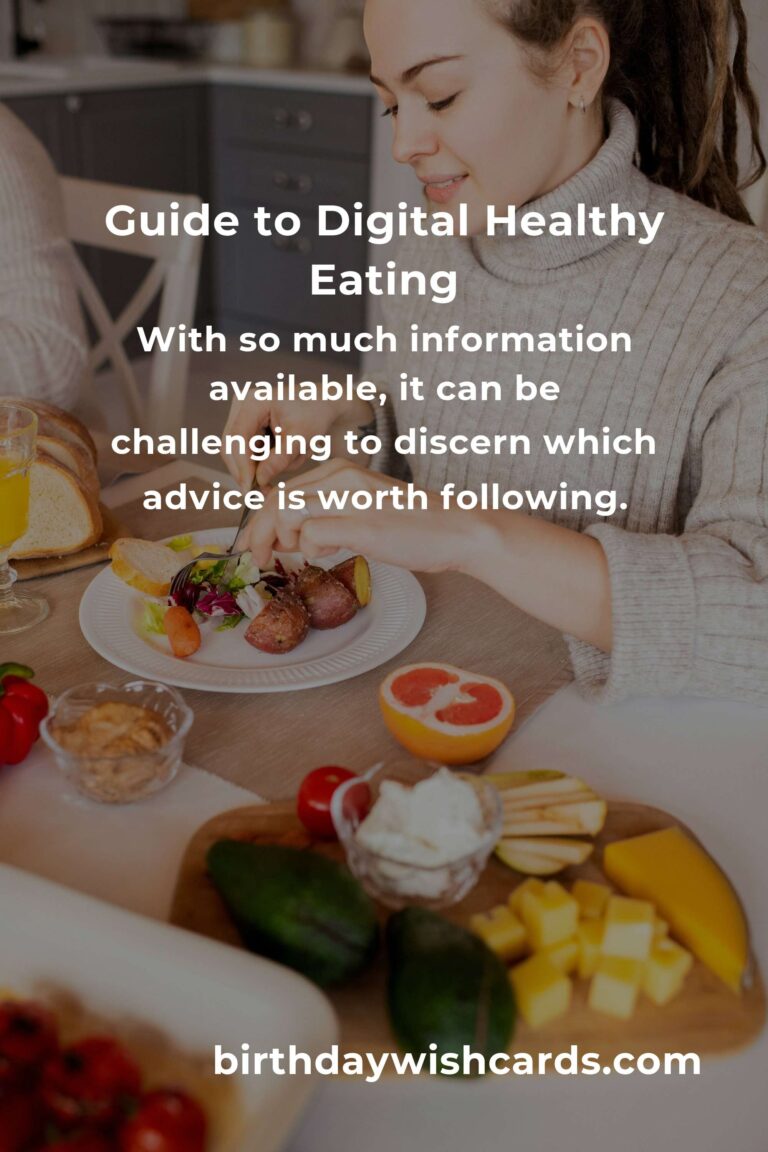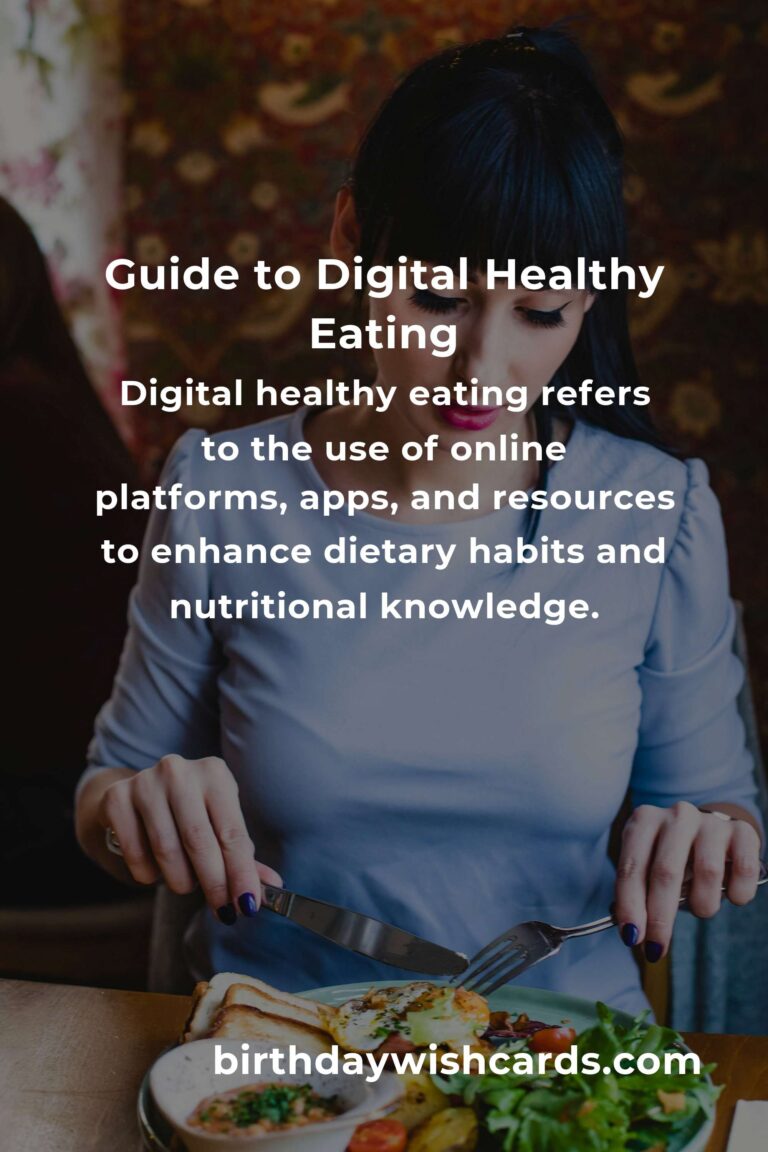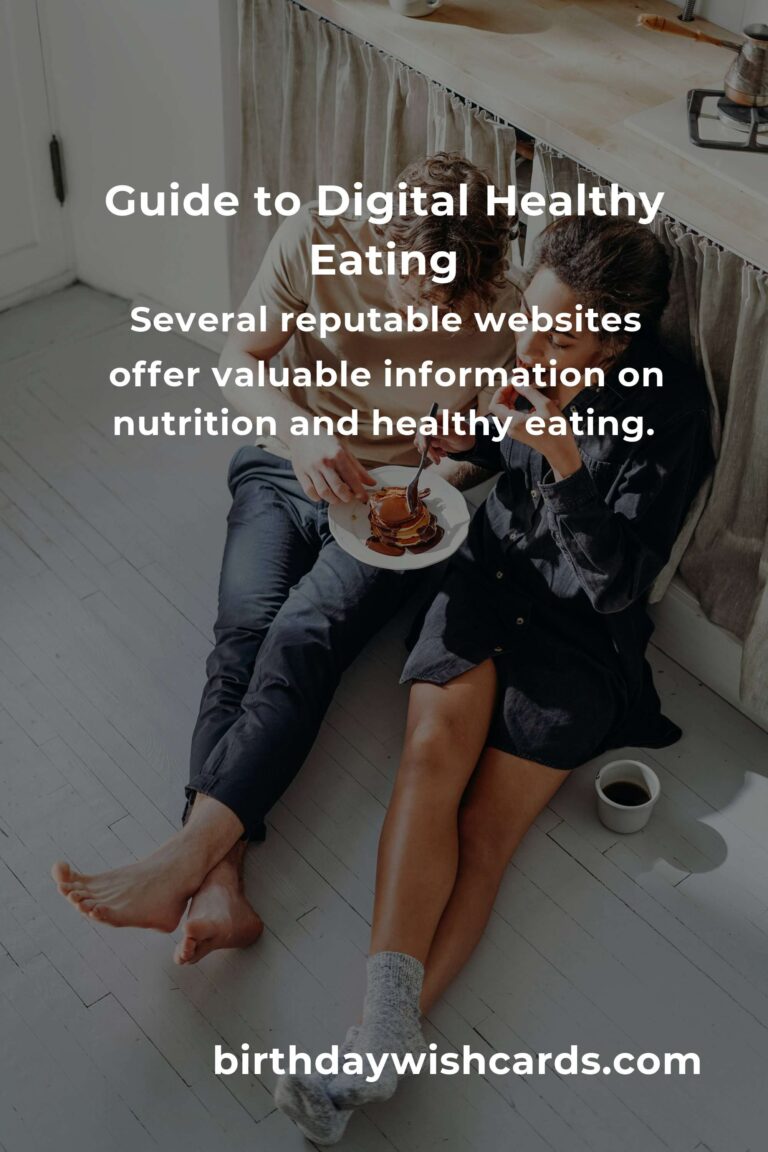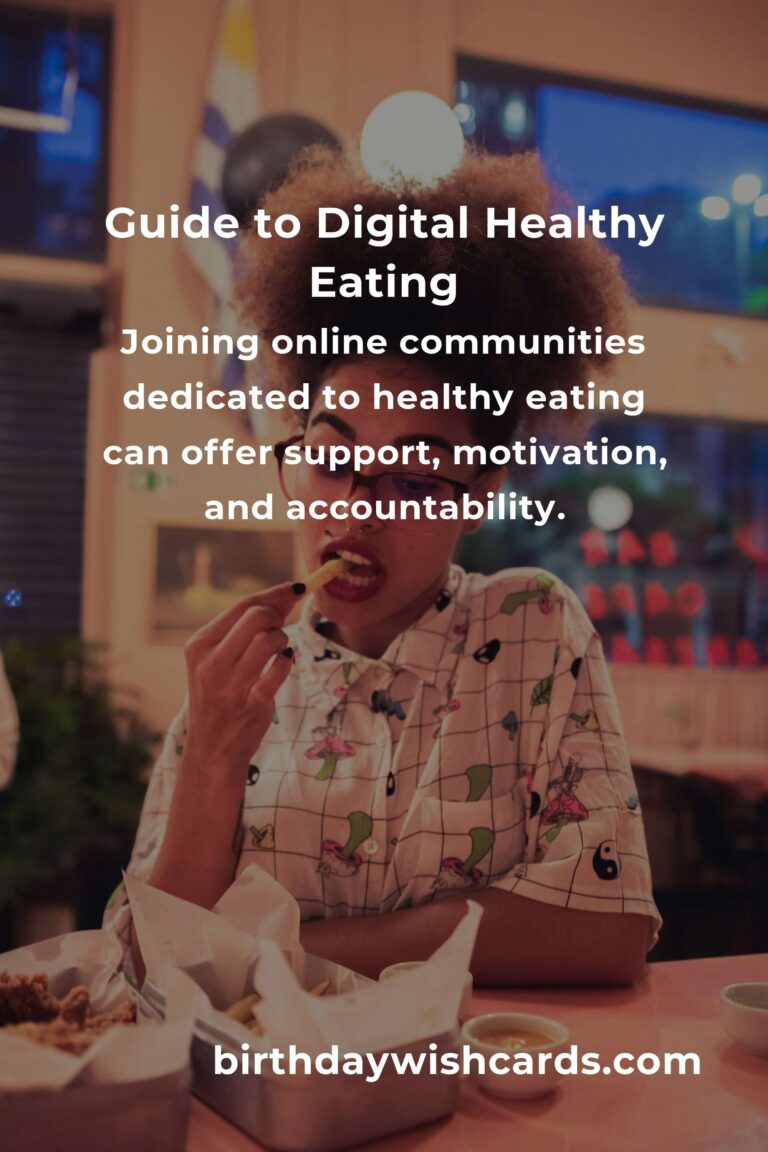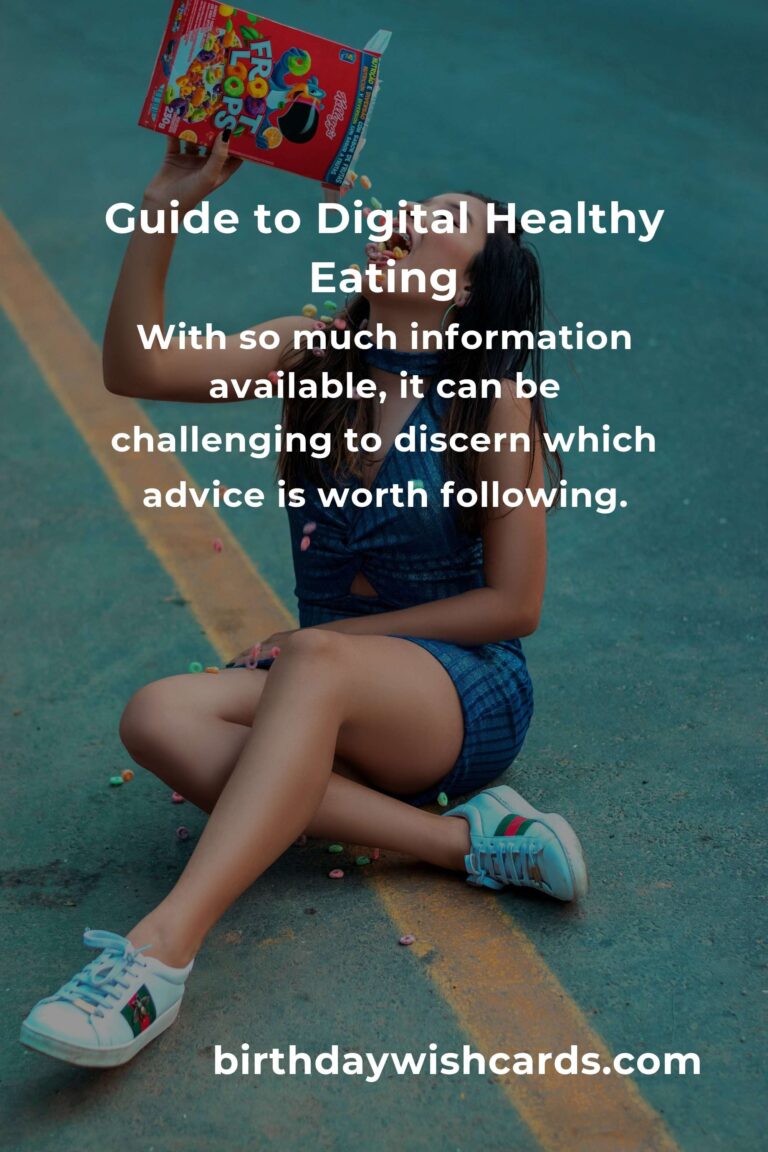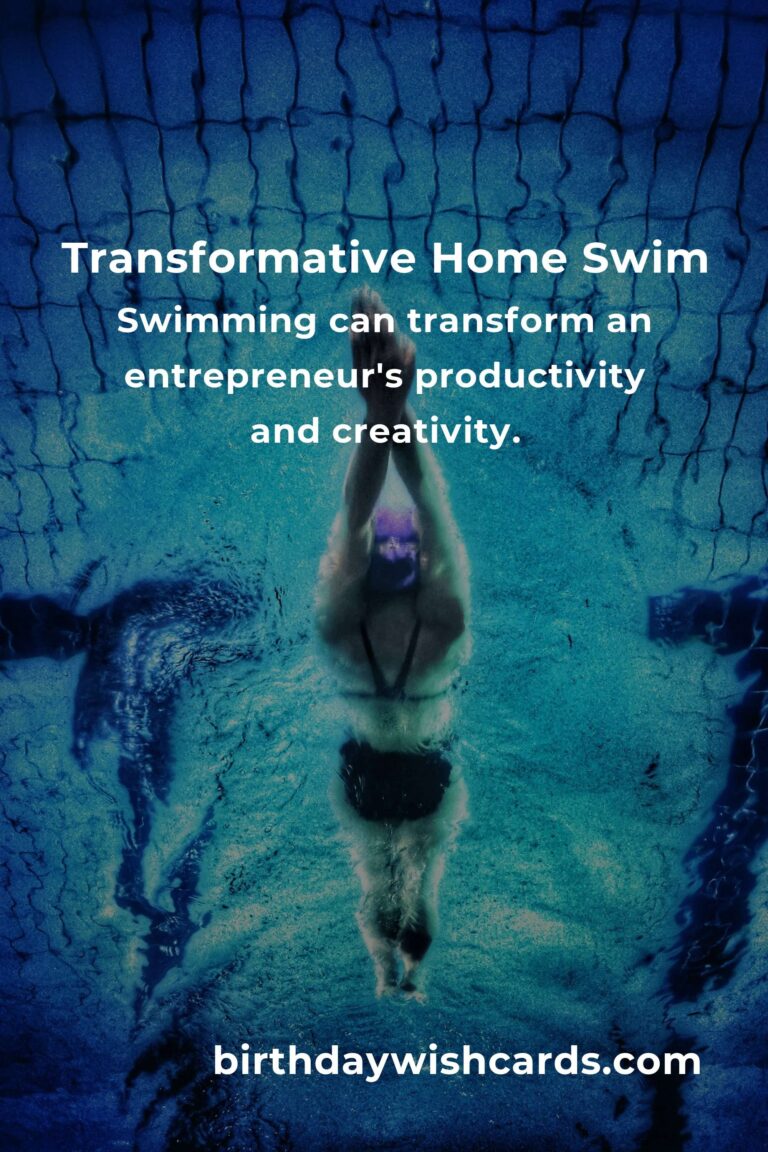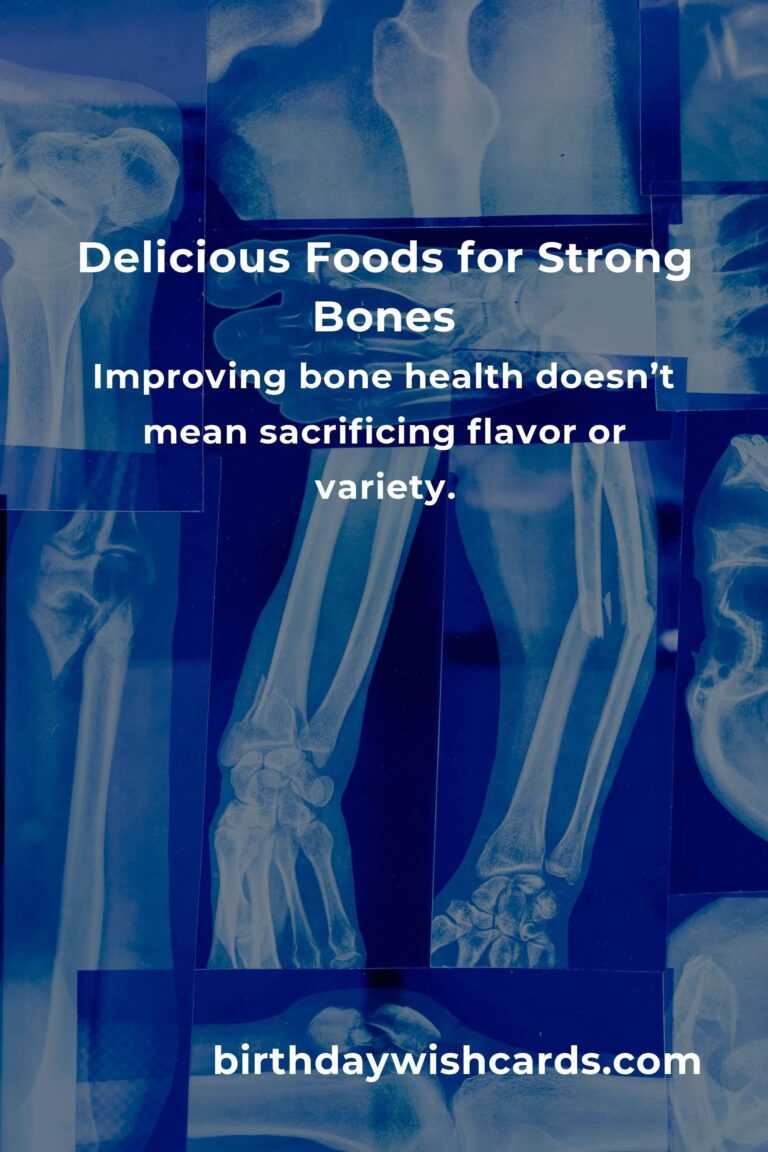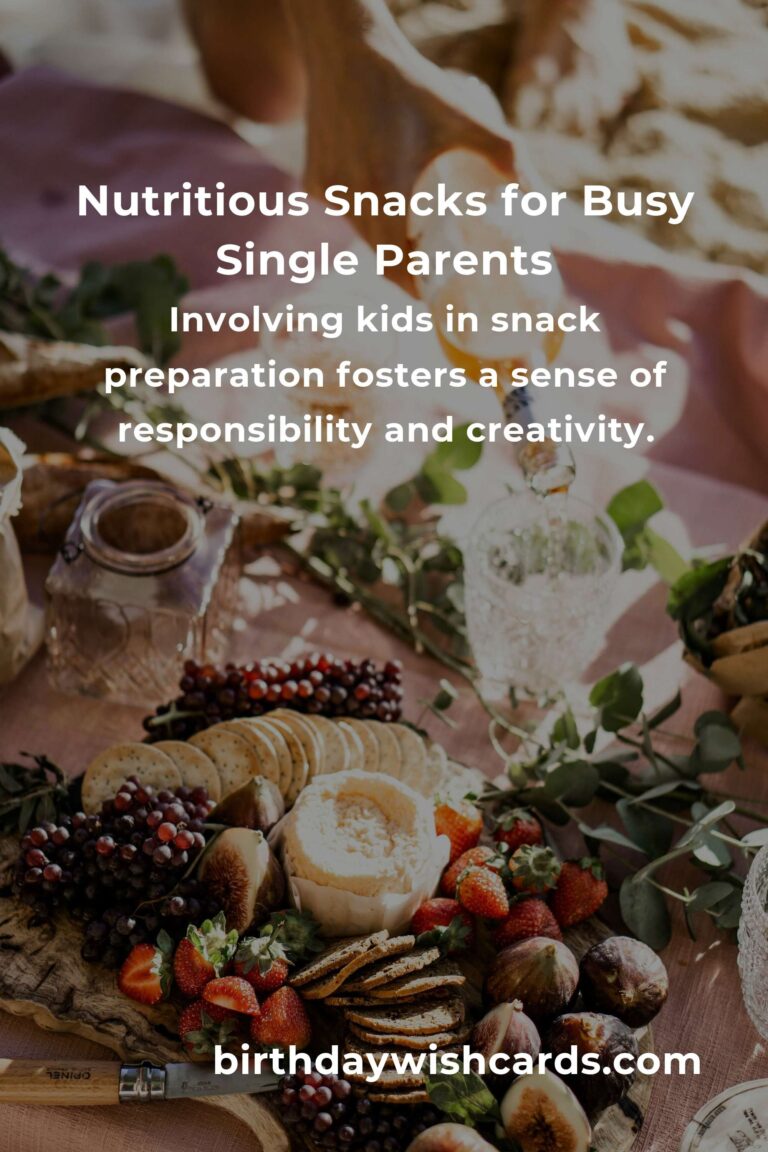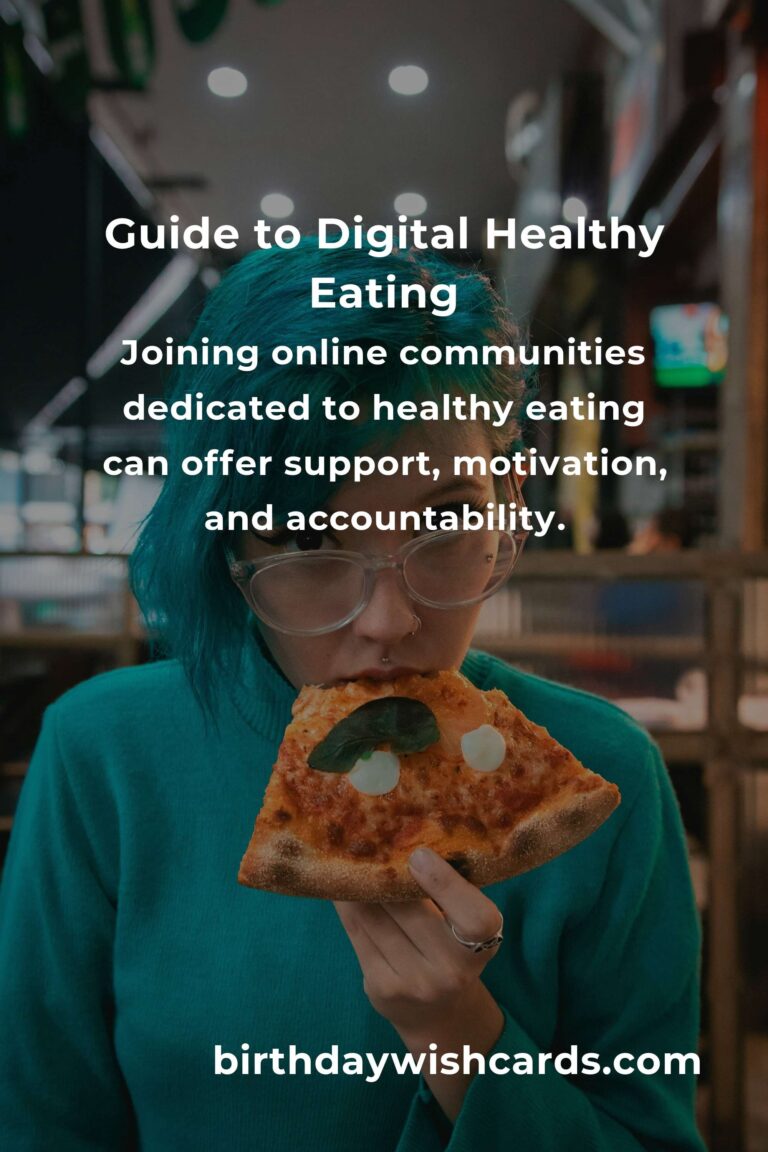
The digital age has revolutionized the way we approach many aspects of our lives, including how we eat and maintain a healthy diet. With a plethora of information available at our fingertips, digital healthy eating has become more accessible yet more complex to navigate. This article aims to demystify digital healthy eating by offering a comprehensive guide to understanding online nutrition resources, tools, and communities.
Understanding Digital Healthy Eating
Digital healthy eating refers to the use of online platforms, apps, and resources to enhance dietary habits and nutritional knowledge. The internet is flooded with websites, blogs, and social media channels dedicated to nutrition advice, recipes, and health tips. However, it is crucial to critically evaluate these sources to ensure that the information is credible and beneficial.
Key Online Resources for Healthy Eating
Several reputable websites offer valuable information on nutrition and healthy eating. Websites such as the USDA’s MyPlate, the Academy of Nutrition and Dietetics, and the World Health Organization provide science-backed guidance on balanced diets and nutritional needs.
Additionally, apps like MyFitnessPal and Lose It! offer tools for tracking food intake, calories, and nutrients, making it easier to monitor and adjust dietary habits. These apps often include community forums where users can share experiences and advice.
Evaluating Online Nutrition Advice
With so much information available, it can be challenging to discern which advice is worth following. Look for content written or endorsed by certified nutritionists or dietitians. Be wary of fad diets or miracle supplements that promise quick results with little effort, as these often lack scientific backing.
Peer-reviewed studies and articles from reputable health organizations provide the most reliable information. Check the credentials of the authors and the sources they cite to ensure the advice is evidence-based.
The Role of Social Media in Healthy Eating
Social media platforms like Instagram and Pinterest have become popular sources of healthy eating inspiration. Influencers and nutritionists share recipes, meal plans, and tips for maintaining a balanced diet. While these can be great sources of motivation, it is important to remember that not all influencers have the necessary qualifications to offer sound nutritional advice.
Engage with content from verified nutritionists and dietitians who provide balanced and realistic dietary guidance. Use social media as a tool for inspiration, but always cross-reference information with credible sources.
Online Communities for Support
Joining online communities dedicated to healthy eating can offer support, motivation, and accountability. Platforms like Reddit and Facebook host groups where individuals share their health journeys, challenges, and successes.
These communities can provide a sense of camaraderie and encouragement, but they also require careful navigation to avoid misinformation. Moderated groups with input from nutrition professionals are often the most beneficial.
The Future of Digital Healthy Eating
The future of digital healthy eating looks promising, with advancements in technology continuing to enhance how we access and use nutritional information. Artificial intelligence and machine learning are being integrated into apps to offer personalized dietary recommendations based on individual health data and goals.
As technology evolves, staying informed and discerning about the quality of digital nutrition resources will remain essential. Embrace the benefits of digital healthy eating while maintaining a critical eye on the sources and advice you choose to follow.
Conclusion
Digital healthy eating presents an array of opportunities to improve one’s diet and nutritional knowledge. By utilizing reputable resources, evaluating advice critically, and engaging with supportive communities, individuals can navigate the digital landscape to enhance their health and well-being. Stay informed, stay critical, and enjoy the journey to better nutrition online.
Digital healthy eating refers to the use of online platforms, apps, and resources to enhance dietary habits and nutritional knowledge. Several reputable websites offer valuable information on nutrition and healthy eating. With so much information available, it can be challenging to discern which advice is worth following. Social media platforms like Instagram and Pinterest have become popular sources of healthy eating inspiration. Joining online communities dedicated to healthy eating can offer support, motivation, and accountability. The future of digital healthy eating looks promising, with advancements in technology continuing to enhance how we access and use nutritional information.
#DigitalEating #HealthyEating #OnlineNutrition #NutritionAdvice #HealthyLiving

